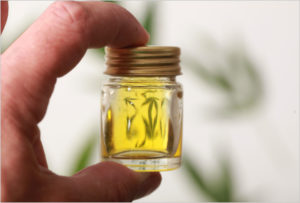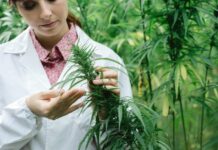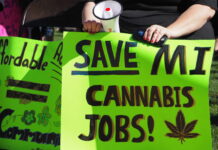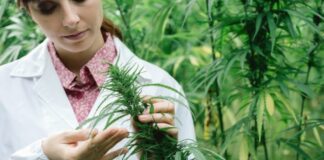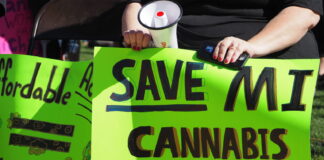May 15, 2019
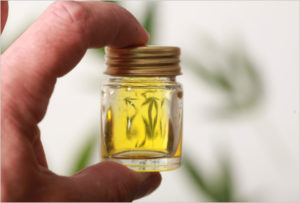 NORML has submitted written comments to the US Food and Drug Administration ahead of the agency’s scheduled hearing on the regulation CBD-infused products. The agency will be taking public testimony on Friday, May 31, with regard to the “manufacturing, product quality, marketing, labeling, and sale” of CBD-infused retail products.
NORML has submitted written comments to the US Food and Drug Administration ahead of the agency’s scheduled hearing on the regulation CBD-infused products. The agency will be taking public testimony on Friday, May 31, with regard to the “manufacturing, product quality, marketing, labeling, and sale” of CBD-infused retail products.
In its written testimony, NORML encourages the FDA to act expeditiously to clarify confusion among both consumers and regulators with regard to the legality of specific CBD products. It further recommends that the FDA provide regulatory guidelines governing product manufacturing, standardization, and quality.
Currently, commercially marketed CBD-infused products are not subject to explicit federal regulations. As a result, third-party lab testing has frequently revealed inconsistencies between the percentage of CBD advertised and the amount actually contained in the product. In many cases — such as those reported here, here, here, here, and here — actual quantities of CBD in the product is far lower than advertised. In other cases, testing has revealed the presence of THC, which may put consumers in jeopardy for legal ramifications – such as arrest or the loss of employment (due to a drug test failure). Some commercial products have also been identified to contain unwanted and potentially dangerous adulterants – such as 5F-ADB (aka ‘Spice’) or DXM – as well as heavy metals and solvents.
NORML’s testimony concluded: “For years, producers of these products have navigated in a grey area of the law — manufacturing products of variable and sometimes questionable quality and safety. Now it is time for the FDA to craft benchmark safety and quality standards for hemp-derived CBD products in order to increase consumer satisfaction and confidence as this nascent industry transitions and matures into a legal marketplace.”
The FDA is accepting written comments from the public through July 2, 2019.
In December, Congress enacted legislation removing industrial hemp (defined as cannabis containing less than 0.3 percent THC) and products containing cannabinoids derived from hemp from the federal Controlled Substances Act. The following day, the FDA stated: “Congress explicitly preserved the agency’s current authority to regulate products containing cannabis or cannabis-derived compounds under the Federal Food, Drug, and Cosmetic Act (FD&C Act) and section 351 of the Public Health Service Act.” The agency further opined, “[I]t’s unlawful under the FD&C Act to introduce food containing added CBD or THC into interstate commerce, or to market CBD or THC products as, or in, dietary supplements, regardless of whether the substances are hemp-derived.”
In March, outgoing FDA Commissioner Scott Gottlieb suggested that it may take “years” for the agency to establish rules and regulations governing the marketing of hemp-derived cannabinoid products.


